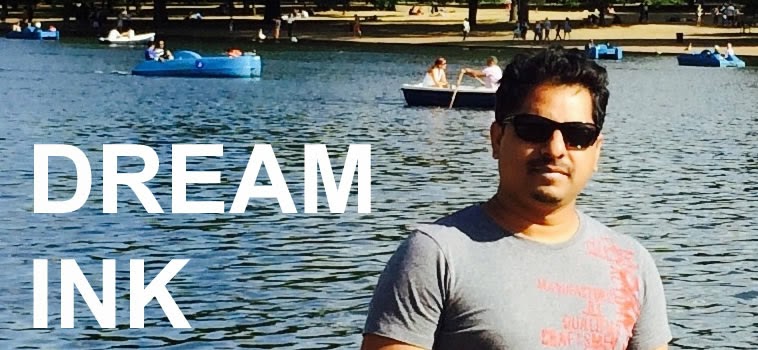 Aravind Adiga on his growing up years in Mangalore (The Independent):
Aravind Adiga on his growing up years in Mangalore (The Independent):... my grandfather, an Indian nationalist, disdained to speak English, except to correct another man's.
He was a prominent local lawyer who dressed in hand-spun cloth (as Gandhi had), spoke only the local language, Kannada, and scorned anything "Western". Except for the one occasion when he had come out of his law office to chide me, in precise English ("You cannot 'put a gate'"), I had never heard him speak the language. My other grandfather, a surgeon in Madras, belonged to the opposite school of thought, once refusing to attend an official dinner in honor of the president of India, Zail Singh, on the grounds that the president's English was inadequate.
Such debates were dead for my generation. What my grandparents called the King's English, I call Nehru's English. The prime minister's great speeches in English – the "tryst with destiny" oration delivered on India's independence in 1947, or "the light has gone out of our lives," to announce Gandhi's death to the nation the next year – were taught in school, quoted on radio, and their fragments were found, like DNA strands, in all newspapers and magazines.
Nehru could only have made these speeches in English, because had he spoken in Hindi, we – in the south of India, where Hindi is not spoken, and is often abhorred – would not have understood him. Every foundational document of India was known to me only in English: the Constitution, for instance, and even Gandhi's autobiography, written in his native Gujarati, but taught in school in an English translation.
How could we function without our only common language? Doing away with English seemed to me tantamount to doing away with India: We were the language's, before the language was ours.
More

No comments:
Post a Comment